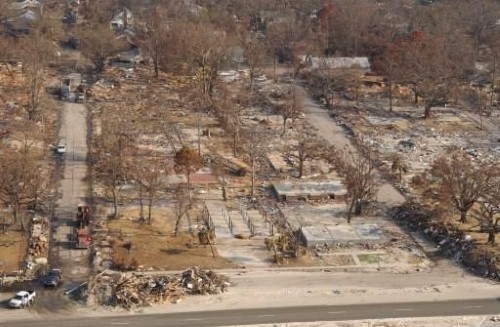On February 29, a tornado tore through Illinois, resulting in property damage, injuries and seven deaths.
In an attempt to catalyze the relief process, Illinois officials petitioned the Federal Emergency Management Agency (FEMA) to secure valuable disaster aid funds. However, after processing the initial petition, FEMA representatives denied the claim on the grounds that the state had enough funds to handle the recovery process internally.
Frustrated at the decision, officials reworked the proposal and petitioned FEMA a second time for relief funds. The motion was turned down as well, reports state.
Moreover, the same week that Illinois was hit with the tornado, another bout of severe weather conditions struck states such as Missouri, Indiana, Kentucky and Ohio, who also failed to qualify for FEMA's disaster declaration.
Interestingly, in the wake of FEMA denying the above mentioned states' disaster proposals, a report published by ExecutiveGov.com – a news source focusing on issues related to the federal government – states that 25 percent of local funds allocated by FEMA for disaster relief are not spent.
This indicates that certain states may benefit from budgeting assistance, which could be derived by deploying the services of a certified disaster preparedness consultant. These professionals can help municipalities regularly update their continuity of operations plan to ensure that an existing budget can accommodate disaster relief efforts.
By taking this measure, state legislators will not need to depend on federal assistance, and can act on a preexisting plan immediately without having to wait for approval or denial from an outside agency.
This valuable insight could also be gleaned by sending representatives to the World Conference on Disaster Management in Toronto from June 25 to 27, where contingency professionals can assist community representatives mitigate the discomfort experienced by local businesses and citizens through proper planning.

